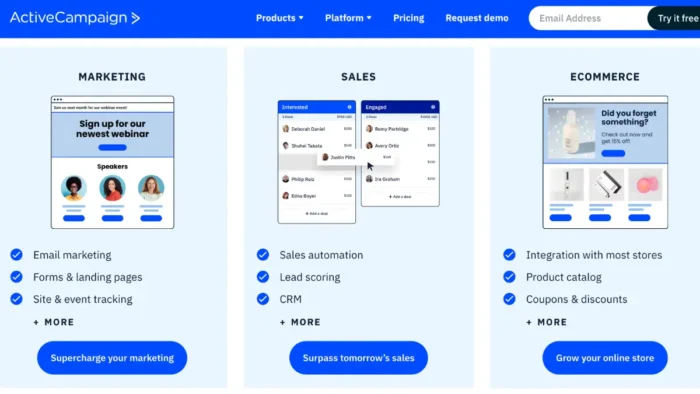Retail businesses are used to verifying identities before someone uses a credit card. Age verification before someone buys anything from tobacco to spray paint is routine.
Online retailers and many websites are legally required to implement age verification, or they’ll face major penalties if something happens. Let’s learn more about the businesses that need to implement age verification rather than simply hoping someone is old enough to view their website.
Collecting Personal Information
There are strict rules regarding the collection of information about minors, whether or not they set up an account to access your website. Your gaming site should by using age verification so that it doesn’t collect detailed data on someone’s behavior or share their profile information with third parties if they’re under the age of 13. Depending on the product or service, you could set up automated workflows so that children under 13 are either rejected or forced to go through a process by which you get verified parental authorization for them to use your website.
Selling Products Off-Limits to Minors
Products like cigarettes, vaping products, cannabis, and alcohol are universally unsuitable for minors. You need to set up age verification systems on your website to prevent those too young to buy it from seeing more than a generic website. For example, you could get into legal trouble if curious teenagers simply see advertisements for tobacco products on your website. Age restrictions may vary based on where someone lives.
Automated systems that explicitly ask if someone is old enough to view the site will deter children and be more legally sound than a warning on the terms and conditions most people don’t read saying “you must be of legal age to order our products”. The best identify verification solutions will verify someone’s age without requiring more work on your part. For example, it is possible to have a smart tool that asks for a picture of someone’s ID and a selfie of the person to verify their age and identity.
These tools will ensure that a child isn’t entering information from a parent’s ID and credit card to buy things they’re not old enough to buy. The AI behind the age verification system can tell when someone is using a parent’s ID to buy something. A side benefit of this system is that it will recognize the use of fake IDs in other cases, such as when someone tries to use a stolen driver’s license and credit card to order cigarettes or beer online. Ongoing authentication tools can be used to verify that someone isn’t trying to use someone else’s account to buy things, including their minor children or identity thieves.
Providing Services Off-Limits to Minors
You have a legal obligation to ensure that minors aren’t signing up for online dating sites. You could face civil or even criminal charges if under-aged children are solicited for sex on an online dating site. Your user community wants you to ensure that everyone using the site is at least theoretically eligible for a romantic relationship, as well.
Nor are dating websites the only ones that need to block kids under 18 from interacting with the website. Sports betting, gambling, and gaming sites are not supposed to be used by teenagers. The minimum age ranges from 18 to 21, depending on the jurisdiction you are in. You can choose to use a universal cut-off like 21 if you want to have the greatest legal protection. The alternative is to detect where the user lives, compare this to the allowable age in their jurisdiction, and then decide whether or not to allow them to access the website.





